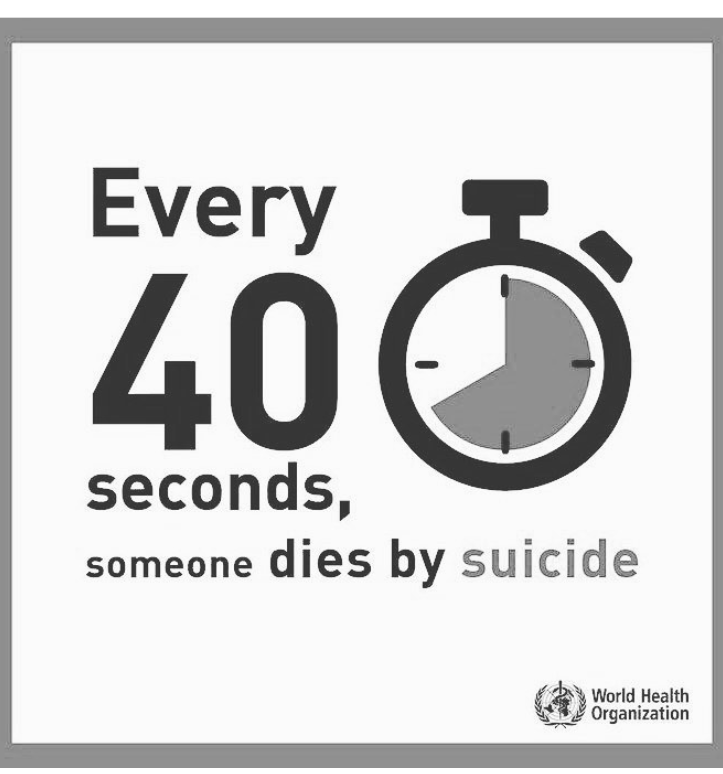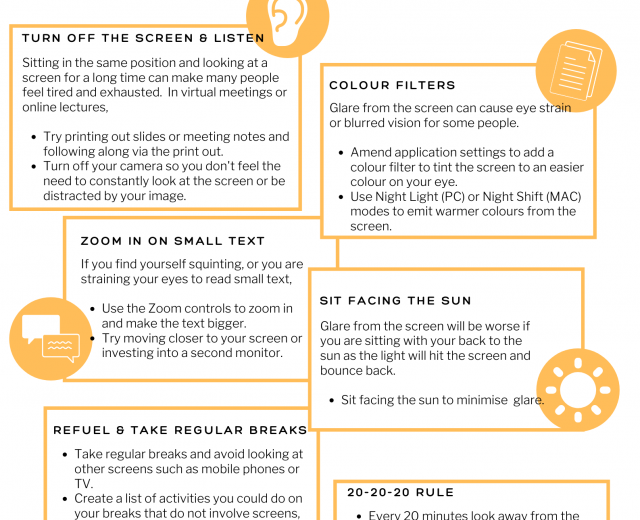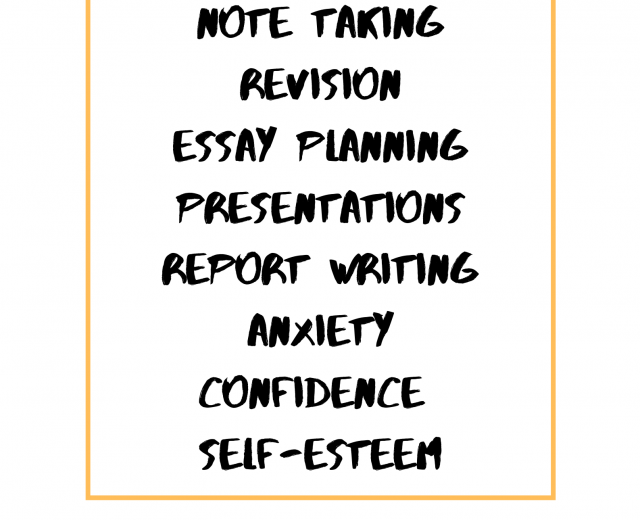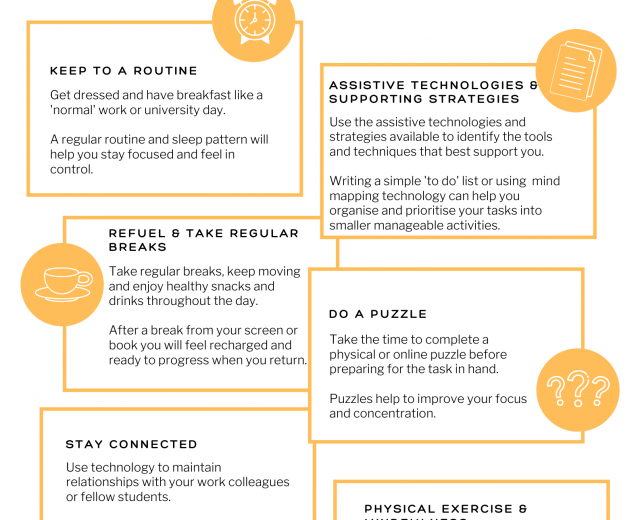News & Events

Mental Health Day 2019
Every 40 seconds, someone takes their own life. This statistic is the key message behind the World Health Organisation (WHO)’s World Mental Health Day, which takes place today, Thursday 10th October 2019. It’s a statistic that evokes an emotional response and demands attention. More than that, it demands action, because it can be changed.
Suicide is preventable. Most people who contemplate suicide won’t be sure that it’s what they want to do. By paying attention to the signs, and offering support, we can change the statistic.
This issue is particularly relevant to students in higher education, because suicide is the second leading cause of death for those aged 15 to 29 years old. In recent years, awareness of suicide has grown, and organisations in the higher education sector, such as Universities UK and Jisc, have named suicide prevention as a priority. They have published guidance on what universities can do to support their students by taking a ‘whole-university’ approach.
But what can we do as individuals to make a difference? How can we support someone who may be experiencing suicidal thoughts? We have compiled some tips for having this difficult conversation.
- Choose a quiet, private place to talk where you won’t be interrupted. Make sure you have both time and space, so that you can take your time with the conversation.
- Ask open ended questions to help the person talk. Encourage them to talk about their feelings.
- This is important! Really listen to them. You can show that you’re listening by reflecting back things that they’ve said, asking questions and prompting them with nudges like, ‘I didn’t know that. Can you tell me more about it?’ Samaritans has some great guidance on how to listen actively.
- Talk in a calm tone, free of any judgement or blame.
- Reassure them that you care, and you’re there for them. You may remind them that things get better, even if they can’t see it at the moment. Meanwhile, respect the fact that they may not see things your way.
- Be present. This isn’t a conversation that people have every day, and it can be uncomfortable. Sometimes you might say the wrong thing. Forgive yourself for that, and remember that your presence alone is important.
- Appreciate that you may not always know what to say, but that’s okay. You’re not meant to hold the answers or ‘fix’ everything.
- If it seems like they still need further support after your conversation, then try asking if they have thought about talking to someone, like a counsellor or a doctor. If they seem hesitant, offer to go with them or ask them if there’s someone else who could. Additional emotional support services are listed at the bottom of this page.
- If the person is in immediate danger of taking their own life, call 999.
These are some basic tips that can make a difference. However, if you want more information about supporting a person with suicidal thoughts, there are excellent resources available from Rethink, Samaritans and Mind. If there is a person in particular who you’re worried about, and you want some advice on how to speak with them, you can also call Papyrus or Samaritans.
Samaritans – a helpline for anyone who feels they want to talk, with volunteers trained to support people who are feeling suicidal.
- Hours: 24 hours a day
- Telephone: 116 123
- Email: jo@samaritans.org
PAPYRUS – a helpline for young people under 35 who are thinking about suicide, or anyone who is concerned about a young person who may be contemplating suicide.
- Hours: 9am – 10pm weekdays, 2pm – 10pm weekends, 2pm – 10pm bank holidays
- Telephone: 0800 068 41 41
- Text: 07786 209697
- Email: pat@papyrus-uk.org
Campaign Against Living Miserably (CALM) – a helpline for young men aged 15 to 35.
- Hours: 5pm – midnight
- Telephone: 0800 58 58 58
- Webchat
Saneline – a helpline for people experiencing mental health problems.
- Hours: 4.30pm to 10.30pm
- Telephone: 0300 304 7000
Author: Allison Peter, Lead Mental Health Mentor



